Water is, indeed, life; for without it, there would be no life
Water is, indeed, life; for without it, there would be no life. Water is what makes our planet unique within our solar system. Evaporation from the land is sucked into the clouds of the sky, which float around the earth depositing it in the form of rain far and wide at certain times of the year into natural depressions and rocky fissures in wild places, over forests that act as sponges so that life giving water is released methodically and systematically into rivers that flow through the land to the sea, enabling all water dependent creatures in wild places to quench their thirst from the rivers’ banks. What seeps through the spongy forest soils recharges underground aquifers that act as storage for precious subterranean reserves.
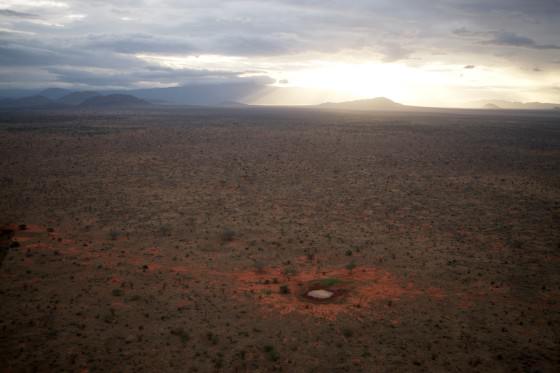
However, nature provides much, much more. It gives us the elephants and the hippos, both vital agents for precious water resources in wild arid lands, both totally water dependent, and both necessary for the wellbeing of all others who depend upon water for life. With their great feet, and their great weight, elephants wallow in natural depressions to stabilize their body temperature, trampling and sealing the base so that it becomes impenetrable and will be able to hold water much longer into the dry seasons than would otherwise have been the case. Elephants love plastering their bodies with mud to protect themselves from the sun and biting flies, and to keep their bodies cooler longer and better protected as they traverse great tracts of land in their long range wanderings. Each and every one of them carries away huge quantities of mud on its body, and in this way what was once a small depression is deepened and enlarged.
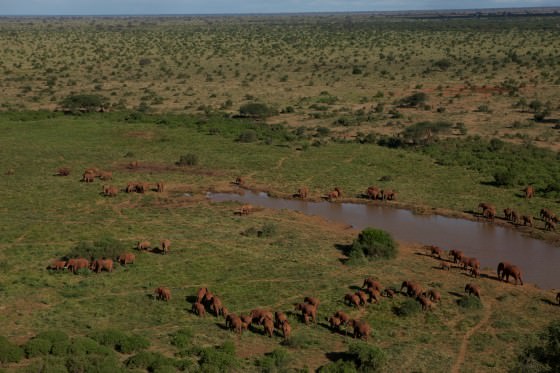
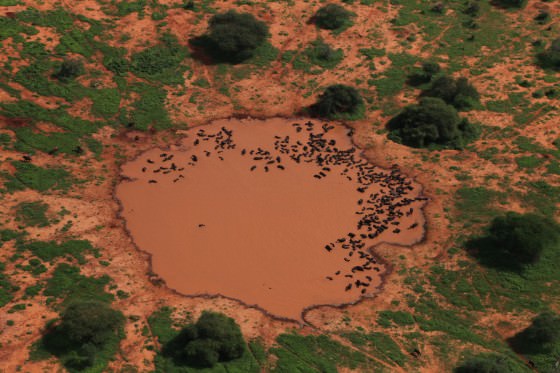
Traditionally, elephant herds follow their leader, and in so doing create narrow trails through the wilderness that not only lead the way to water but also channel runoff rain water, funneling it into the natural waterholes at the onset of each rainy season.
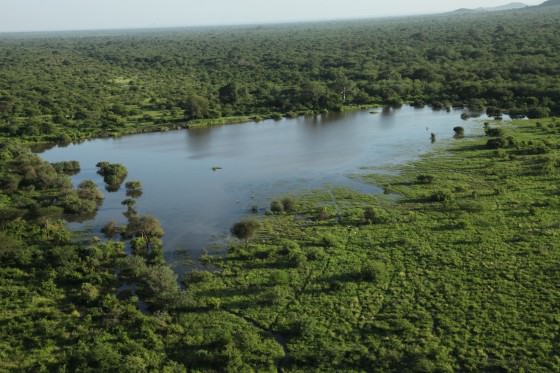
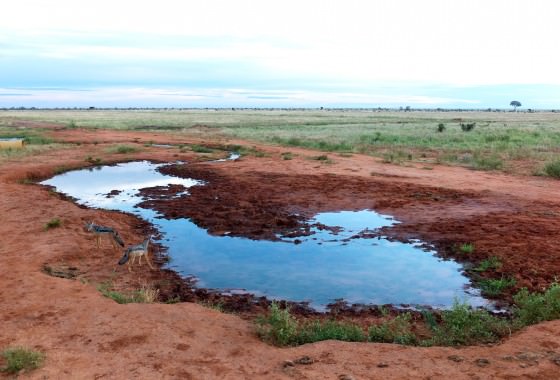
Science has recently decreed that the great “river horses” (i.e. the hippos), are in fact, distant cousins anciently related to the elephants, and in terms of water conservation, Nature has allotted them a similar important function. By lazing in the waterholes during the hours of daylight, they too ensure that the base remains firmly sealed and they fertilize the water with their dung, so that fish and other waterborne species can exist, contributing to the cycle of life, each in its own specific way. With their widely spaced front and back feet they create double “roads” that lead to water and in the wet seasons many leave the rivers to occupy the waterholes the elephants have created and in so doing feed frogs and fish alike. Without the elephants and the hippos, all water dependent creatures would suffer and without the forests and the rivers, so will Homo sapiens, arguably the most destructive species on earth, who is not only killing the elephants and the hippos for their teeth, but also destroying the forests – all of which are serious crimes against Nature and also ones that hold grim repercussions in the long-run for our own existence on earth.
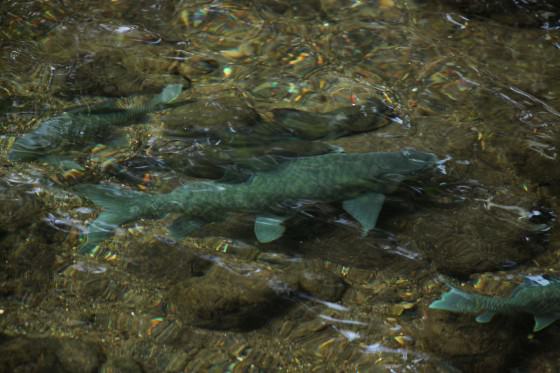
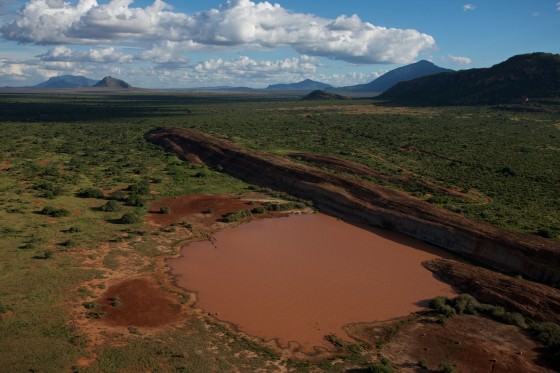
The David Sheldrick Wildlife Trust has long recognised the need to provide permanent water features for wildlife available to wild animals during the harshest droughts. Restricted donations to support lifesaving water initiatives are deeply appreciated.